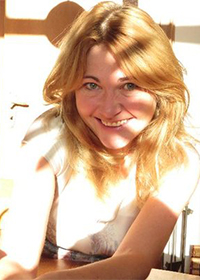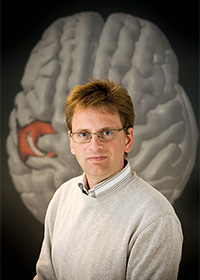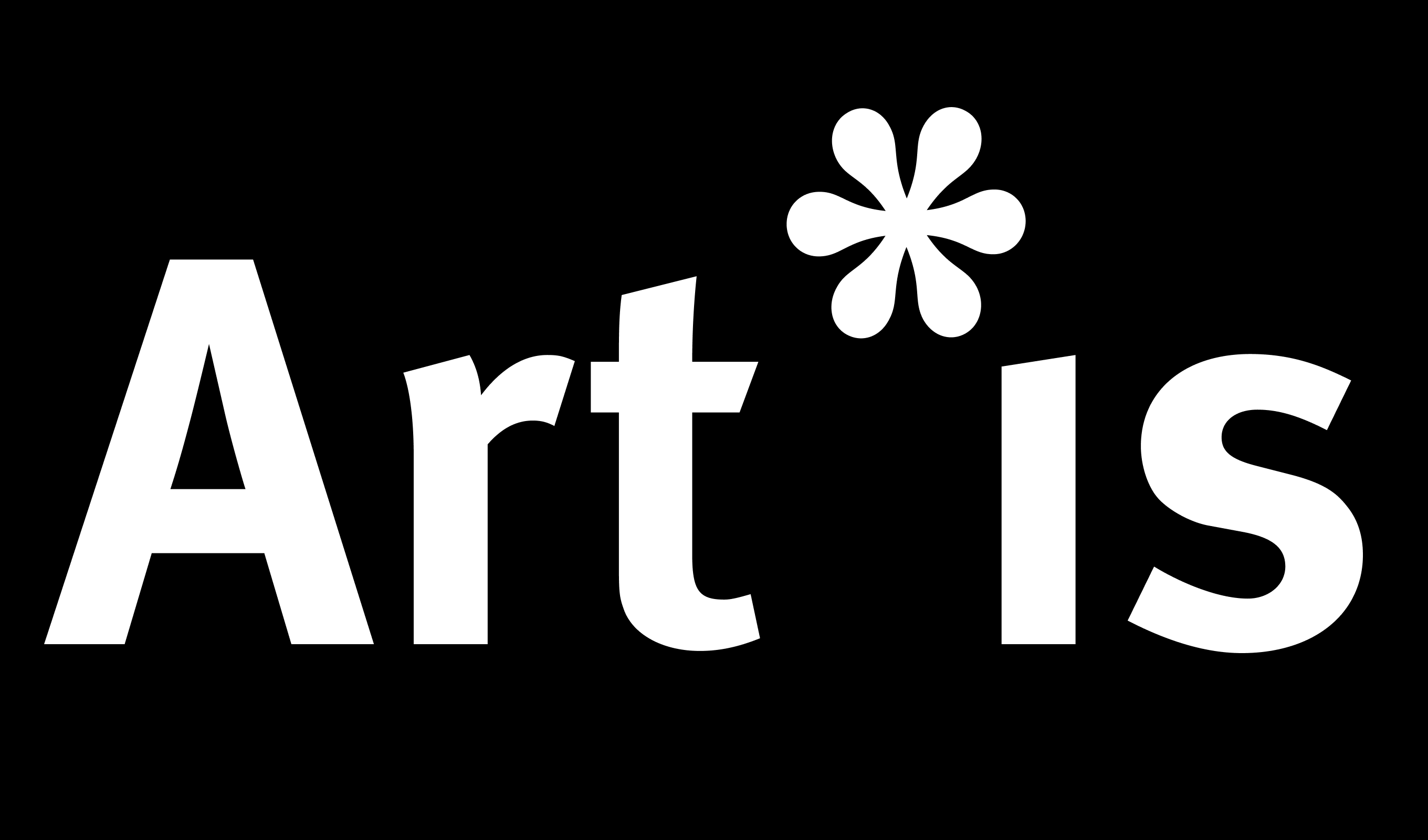Aarhus University (AAU) DK
Specific Department: School of Culture and Society, Interactive Minds Center
Main individuals carrying out task
(1) Dr. Katrin Heimann, Asst. Prof., School of Culture and Society, Interactive Minds Center
(2) Dr. Andreas Roepstorff, Prof. for Anthropology, Director Interacting Minds Center, School of Culture and Society

Katrin Heimann is the PI for ARTIS at Aarhus University (AAU). The ARTIS_AU group is responsible for the work package 4 “Art in Everyday Life”
Katrin Heimann is currently PostDoc at the Interacting Minds Centre at Aarhus University and PostDoc at the Max Planck Institute for Empirical Aesthetics in Frankfurt.
Katrin Heimann holds a training in Philosophy (B.A. and M.A, University of Witten/Herdecke) and in Neuroscience (M.Sc., University of Amsterdam, PhD, University of Parma). She conducted her PhD as fellow of the integrated Marie-Curie ITN program TESIS (Towards an Embodied Science of InterSubjectivity). Her thesis focused on neurological responses to different elements of film style and the implications of these for spectators’ experiences. She was recruited by Aarhus University right after her PhD. In 2017, she became European based fellow at the Einstein Group “Consciousness, Emotions, Values” in Berlin in 2017. In January 2022, she accepted the offer of a half-time position at the Max-Planck-Institute for Empirical Aesthetics in Frankfurt and is since then pendling between Denmark and Germany.
Her research focus is twofold. On the one hand, she is interested in the experience of – mainly visual – art works. That is, she is investigating what you live through while attending to a work of art as well as how you remember and carry it along with you, after your visit, sometimes throughout your entire life. In agreement with 4EA approaches to cognition, she beliefs that art happens as an interaction between the work, the visitor and the context and is particularly interested in the power of the latter. Therefore, much of her work relates also to the setup, curation and dissemination of the art works and the question how they facilitate or hinder an interaction between visitor and work.
On the other hand, she is interested in how to, methodologically, best assess as well as facilitate art experiences when doing research. While (neuro-)physiological techniques are in her available toolbox, in recent years she became mainly interested in qualitative enrichments of these approaches. In particular, she is trained in Micro-Phenomenology, a qualitative research tool developed to attend to, articulate and compare subjective experience for use in Cognitives Sciences and related fields; as well as Focusing and Thinking at the Edge, two methods from the tool box of Embodied Critical Thinking. She is currently exploring the potential of these techniques as stand-alone and multi-method research tools as well as forms of dissemination in ARTIS as well as EER (Experimenting, Experiencing, Reflecting – https://www.eer.info/) – a science-art collaboration of the IMC together with Studio Olafur Eliasson.

Prof. Roepstorff is a professor of cognition, communication and culture in the departments of Culture and Society and Clinical Medicine, Aarhus University. He works at the interface between anthropology, cognitive science and neuroscience, and is equally interested in the workings of the mind and brain, and in how cognitive science and brain imaging, as fields of knowledge production, relate to other scientific and public fields. He has formal training in social anthropology and in neurobiology and has published widely both within these disciplines as well as in various collaborations across other fields, such as psychology, linguistics, clinical medicine, semiotics, and philosophy. He is the director of the Interacting Minds Centre at Aarhus University and is involved in a number of transdisciplinary collaborations, focusing on aspects of human interaction. He has a long-standing research interest in cognitive aspects of contemplative practices.
